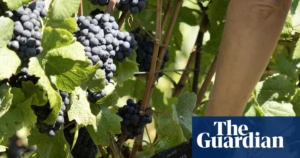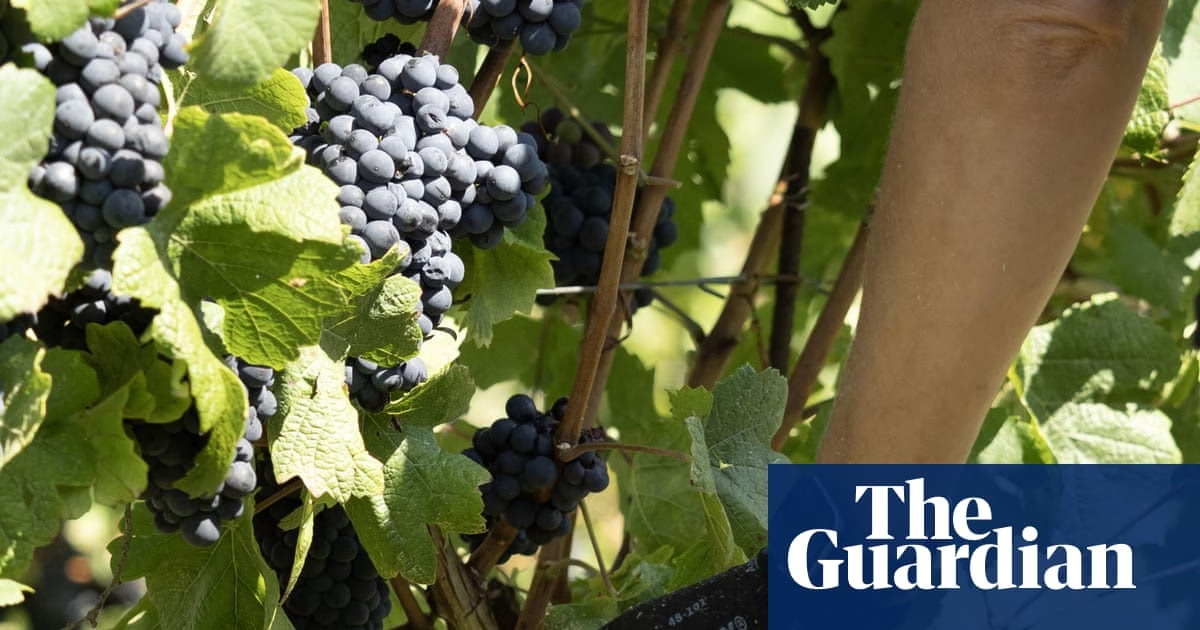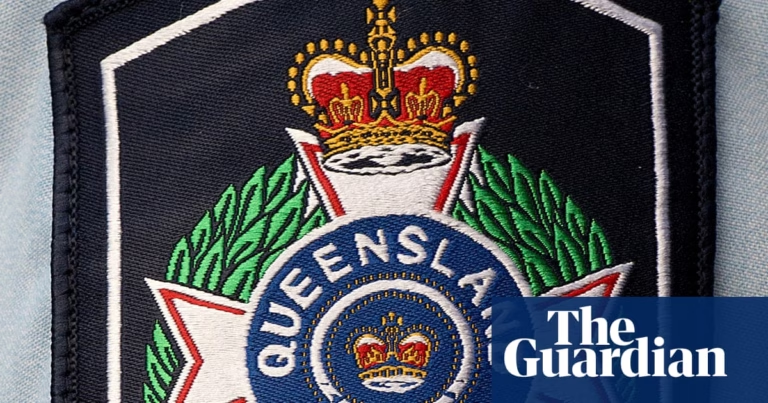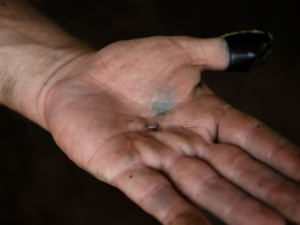Traditionally, vineyards did not use irrigation, and some winemakers believe that natural rainfall is necessary to maintain the distinct terroir character of a particular region. Although irrigation can increase grape yield, potentially quadrupling the weight per hectare, it is thought to lower wine quality. Similar to this, drought years are believed to produce the best vintages.
A wet August may therefore lead to a significant increase in wine production, but this may come at the expense of the quality of the wine. In a dry year, late rain can keep vines alive and save a threatened grape harvest, as occurred in Bordeaux in 1995.
In terms of honey, August’s typical heavy rainfall is not beneficial for bees. The rain can damage flowers and either wash away or dilute the nectar. Prolonged rain also keeps bees inside the hive, preventing them from foraging.
However, moderate, consistent rainfall can enhance plant growth and boost nectar production. Perhaps more importantly, August rain can extend the blooming period for certain flowers. This grants the bees more time to collect nectar and produce more honey.
after newsletter promotion
Much weather folklore seems dubious at best. However, the idea that August rainfall boosts wine and honey production does appear generally plausible.






